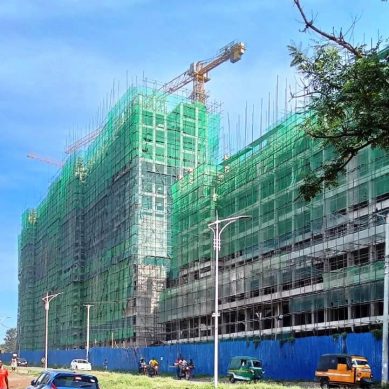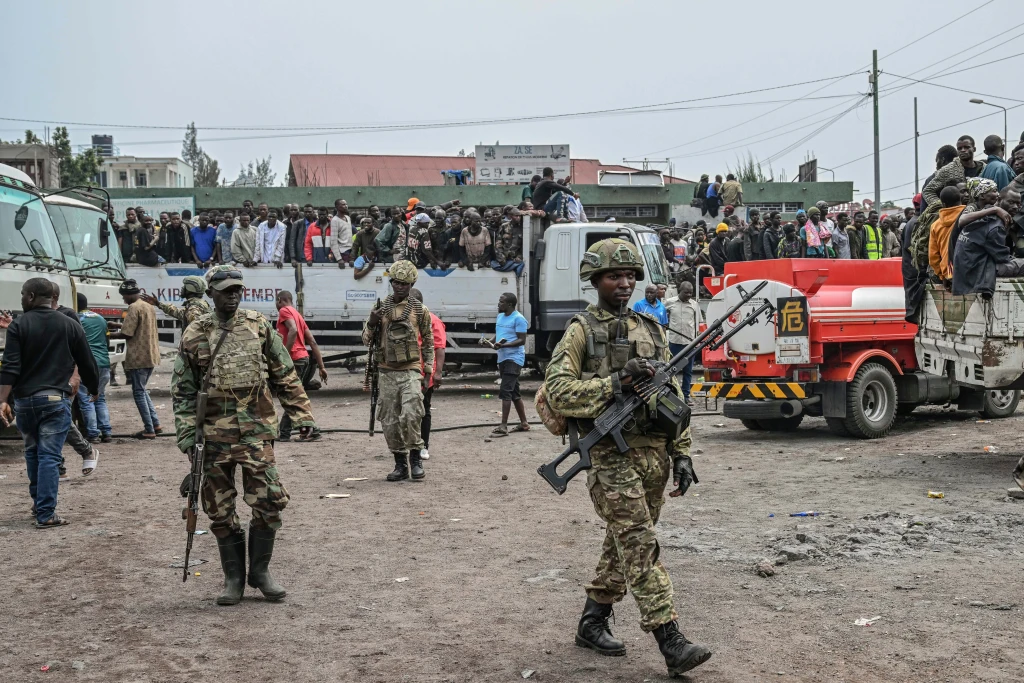
A Mau compensation lobby group now says it hopes the enactment of the Public Benefits Organisation Act will hasten compensation efforts for its members.
James Njuguna Mahuria who chairs the Jeramiah Mugi Foundation says a planned debate over the provisions of the Act set for March 25 could be the silver lining that will unlock the chances of receiving compensation from the former colonial masters.
Mahuria says that, among the issues his foundation was pushing for was to ensure all those who suffered under the British colonial administration are fully compensated regardless of one’s ethnicity.
“We want this Bill (Public Benefits Organizations Act) to be implemented without any amendment or deletion. The late President Mwai Kibaki had already assented to the Bill and it is prudent it be retained as it is. Under this Act, we believe anybody who either lost his land or suffered incarceration under the colonial government will eventually receive compensation from the government.” he said.
The Public Benefits Organizations Act 2013 came into force on May 14, 2024 to regulate non-governmental organisations and public benefit organisations.
A Public Benefit Organisation is a charitable membership or non-membership grouping of individuals or organisations, which is autonomous, non-partisan, non-profit making and engages in public benefit activities.
Mahuria said his family lost a large piece of land in Kinangop in Nyandarua, which he still hopes to get back.
He lauded a court ruling in Nakuru that granted Mau veterans the right to evict 200 squatters from their 100-acre piece of land they had invaded and settled in.
Kamango Mukonyoro and more than 700 Mau descendants obtained the orders after Justice Anthony Ombwayo allowed him to evict the squatters in month if they failed to vacate the land voluntarily.
The Mau veterans were allegedly given the land by late President Daniel Moi in 1996 after paying Ksh820,000 for it. This was after they lost land in Gilgil, Dundori, Elburgon, Molo, Londiani, Nyahururu, Nanyuki and Nyahururu to colonial settlers.
“Today we are glad that former Mau Mau veterans in Njoro were able to get justice after a court decision that allowed them to evict squatters from their 100-acre land. Following the ruling, we hope our family will one day repossess 200 acres of land in Kinangop that was illegally taken from us during the colonial era. Today this land is home to Karima Girls Secondary school. We are also claiming a house that had been given to my grandfather by a white British officer but later taken away after the Britons left the country.” he said.
The foundation has also distanced itself from any political leaning after police blocked its members from using the Othaya Stadium, where they intended to conduct a thanksgiving ceremony on March 19.
However, in January this year the Britain denied claims of existence of any compensation funds for descendants of Mau Mau freedom fighters. British High Commissioner to Kenya Neil Wigan, while responding to Chinga ward MCA Kiruga regarding the reparation quest, clarified that the final settlement claim was made in 2013.
Wigan said any allegations against President William Ruto or his government of withholding such monies was therefore fallacious.
“We wish to clarify that the British government has not disbursed any compensation to the government of Kenya or to any individuals or groups associated with Mau Mau descendants since the 2013 final settlement of claims,” read the letter.
Wigan further cautioned the public against falling prey to individuals soliciting money from individuals or groups while purporting to be in a position to facilitate compensation.
In June 2013, then UK Foreign Secretary William Hague announced his government’s decision to pay compensation money to all Kenyans tortured by the British colonial administration during the Mau Mau uprising.
Hague said his government would disburse $20 million as compensation to the victims while disclosing that the UK government did reckon that Kenyans were tortured and regretted abuses meted out then.
“I would like to make it clear now, and for the first time, on behalf of Her Majesty’s government, that we understand the pain and grievance felt by those who were involved in the events of the state of emergency in Kenya,” he told the House of Commons in June 2013.
“The British government sincerely regrets that these abuses took place and that they marred Kenya’s progress towards independence.” He added.
Kenya Human Rights Commission (KHRC) puts the number of Kenyans tortured and executed during the Mau Mau rebellion at 90,000 with another 160,000 being detained in inhumane conditions.
The Mau Mau uprising, which lasted between 1952 and 1960, arose as an agitation for freedom and repossession of land that had been alienated from Africans by the British colonialists.
- A Tell Media / KNA report / By Samuel Maina and Geofrey Chaura







